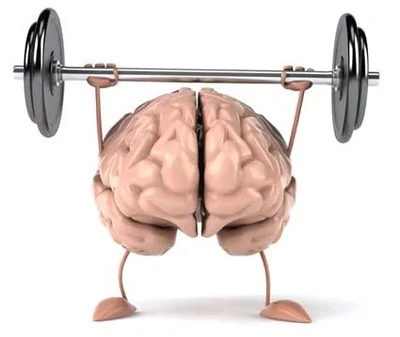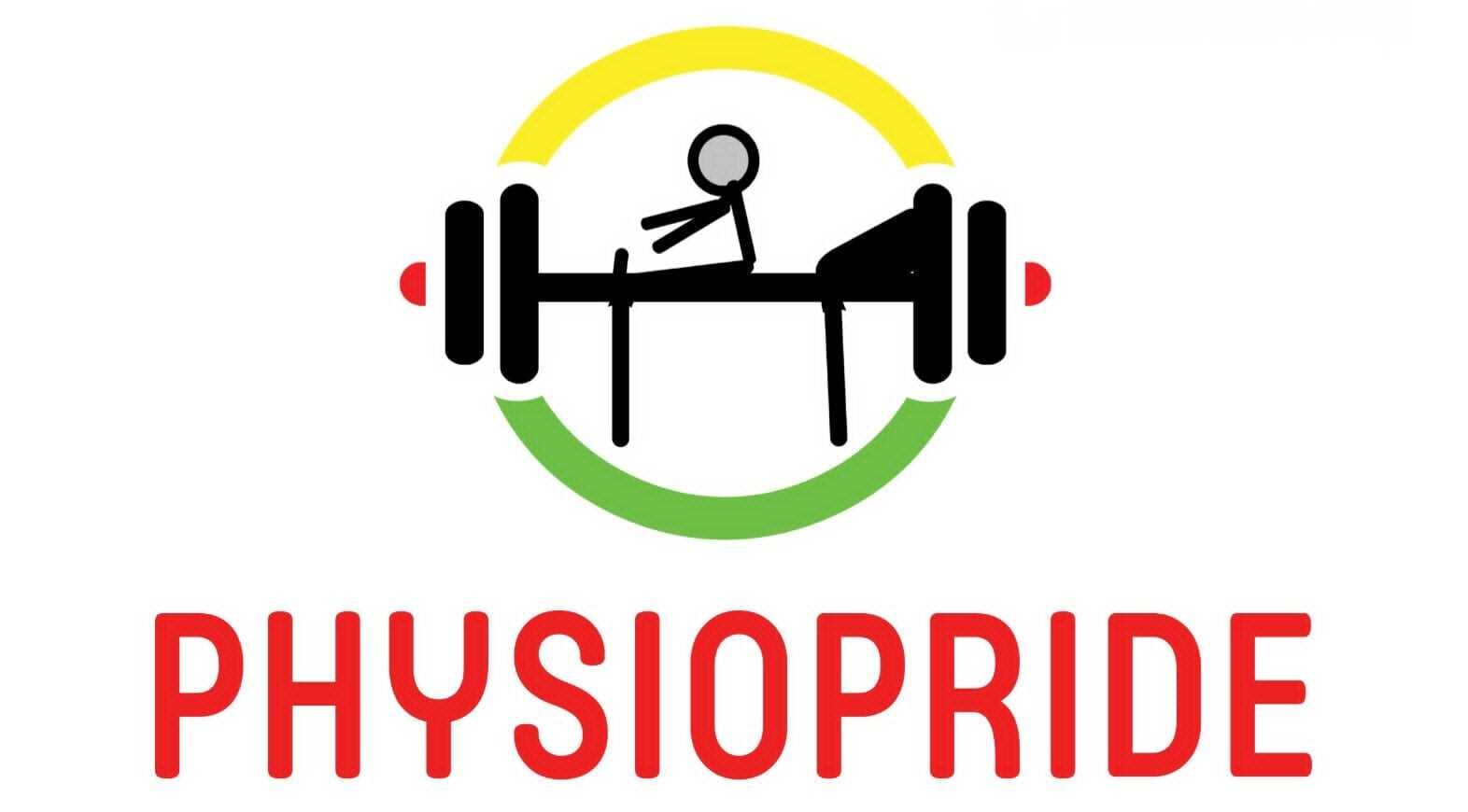Book Appointment Now

Neuro Rehabilitation: Paving the Path to Recovery
Neuro rehabilitation is a critical component of the recovery process for individuals who have experienced neurological damage or disorders. It encompasses a range of therapies and techniques designed to help patients regain function, improve their quality of life, and adapt to new challenges. Here’s a closer look at what neuro rehabilitation involves and how it can make a significant difference in patients’ lives.
Understanding Neuro Rehabilitation
Neuro rehabilitation focuses on helping individuals with neurological conditions such as stroke, traumatic brain injury, spinal cord injury, and neurodegenerative diseases like Parkinson’s disease and multiple sclerosis. The goal is to maximize patients’ functional independence and improve their overall well-being.
Key Components of Neuro Rehabilitation
- Assessment and Goal Setting: The process begins with a thorough assessment by a team of healthcare professionals, including physiotherapists, occupational therapists, and speech-language pathologists. This assessment helps to identify the patient’s strengths, limitations, and specific needs. Based on this evaluation, personalized goals are set.
- Physical Therapy: Physical therapy is crucial for improving motor function, strength, and coordination. Therapists use exercises and activities designed to help patients regain movement and balance. Techniques such as gait training, strength building, and functional mobility exercises are often employed.
- Occupational Therapy: Occupational therapy focuses on helping patients perform daily activities and improve their ability to live independently. This can include training in self-care skills, modifying the home environment, and using adaptive devices.
- Speech and Language Therapy: For individuals with communication or swallowing difficulties, speech-language pathologists work on improving these essential functions. Therapy may include exercises to enhance speech clarity, language skills, and safe swallowing techniques.
- Cognitive Rehabilitation: Cognitive rehabilitation helps patients improve memory, attention, problem-solving skills, and other cognitive functions. Strategies might include memory aids, attention-building exercises, and cognitive training tasks.
- Psychological Support: Dealing with neurological conditions can be emotionally challenging. Psychological support, including counseling and stress management techniques, can play a vital role in the rehabilitation process by addressing mental health and emotional well-being.
Benefits of Neuro Rehabilitation
- Improved Functionality: Patients often experience significant improvements in their ability to perform daily tasks and activities, leading to greater independence and quality of life.
- Enhanced Mobility: Through targeted physical therapy, many patients can regain or improve their mobility, reducing their reliance on others for assistance.
- Better Cognitive and Communication Skills: Rehabilitation can help individuals regain lost cognitive and communication abilities, facilitating better interactions and understanding.
- Emotional and Psychological Well-being: Addressing emotional and psychological needs helps patients cope with the changes brought about by their condition and fosters a positive outlook on their recovery journey.
The Road to Recovery
Neuro rehabilitation is a journey that requires time, effort, and patience. It’s essential for patients to work closely with their rehabilitation team, adhere to their personalized treatment plans, and stay motivated throughout the process. Family support and involvement are also crucial in helping patients achieve their goals.
In summary, neuro rehabilitation offers hope and tangible benefits to individuals facing neurological challenges. By focusing on personalized care, comprehensive therapy, and ongoing support, neuro rehabilitation paves the way for recovery and enhances the quality of life for those affected.

